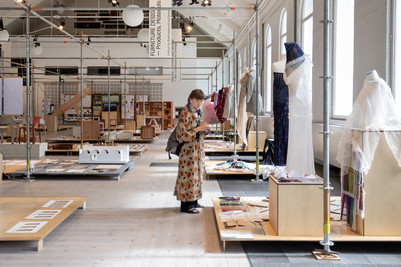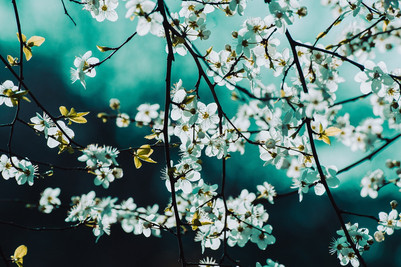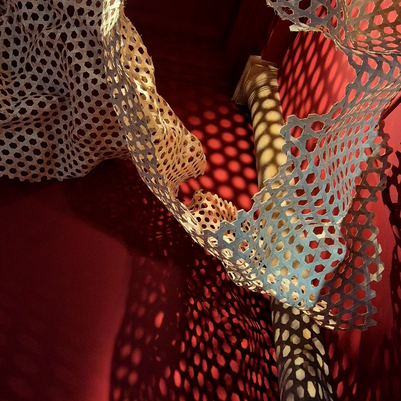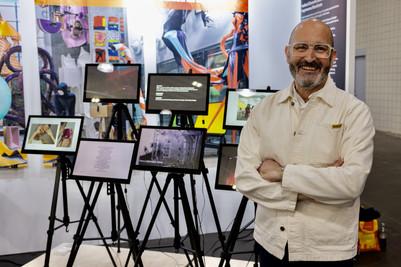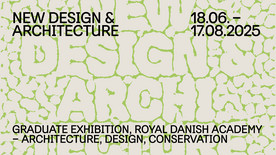
Vermeer’s Secret Sphere - Domesticity, Sex, and Enslavement in the Dutch Republic and its Seaborne Empire
The lecture ‘Vermeer’s Secret Sphere - Domesticity, Sex, and Enslavement in the Dutch Republic and its Seaborne Empire’ is given by Professor in art history at McGill University Angela Vanhaelen. The lecture is part of the lecture series ‘Das Zeug’.
In recent controversies about how we valorize the art of the so-called Dutch Golden Age, there has been growing awareness of how the wealth generated by global merchant capitalism and colonial empire-building was attained through the brutal exploitation of peoples and natural resources worldwide.
This lecture by art historian prof. Angela Vanhaelen contributes to this reassessment by interrogating some of the most iconic images of the Golden Age - Vermeer’s paintings of letter-reading women in peaceful and prosperous domestic interiors.
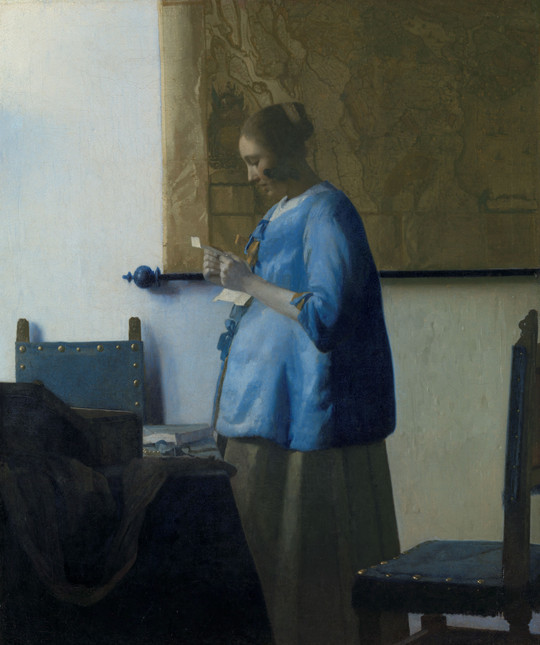
She begins by showing the role of such paintings in bringing about a transformation of the private and public spheres, which is inextricably connected with the definition the human. She then interrogates the visual codes of secrecy that structure these and other scenes of Dutch homelife, and finer-grained distinctions about humanity are revealed.
From there, she goes on to speculate about the kinds of secrets that were needed to create such spaces of golden domesticity. This takes us to the context of global sex, enslavement, and a counter-history of the human that has long been overlooked in the study of Dutch genre paintings.
About Angela Vanhaelen
Angela Vanhaelen is professor of art history in the Department of Art History and Communication Studies at McGill University in Montreal, Canada. Her recent 'The Moving Statues of 17th-century Amsterdam: Automata, Waxworks, Fountains, Labyrinths' is currently in production with Penn State University Press.
She is the principal investigator of the research initiatives, Making Worlds: Art, Materiality and Early Modern Globalization and Making Green Worlds: Early Modern Art and Ecologies of Globalization.
Her book 'The Wake of Iconoclasm: Painting the Church in the Dutch Republic' was awarded the Bainton prize in 2013.




